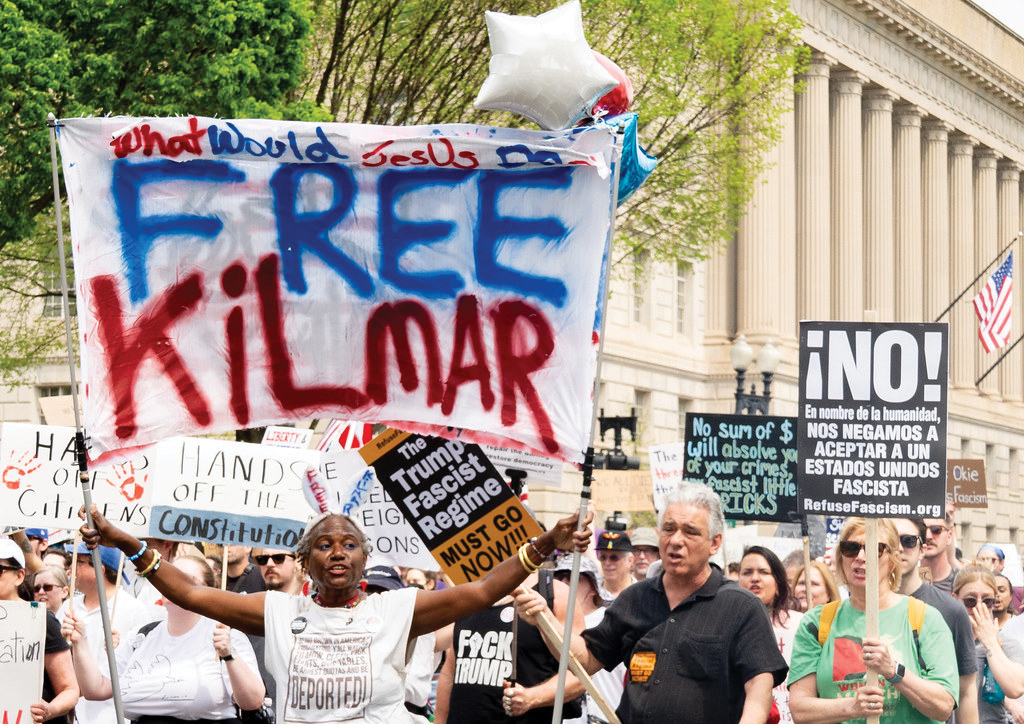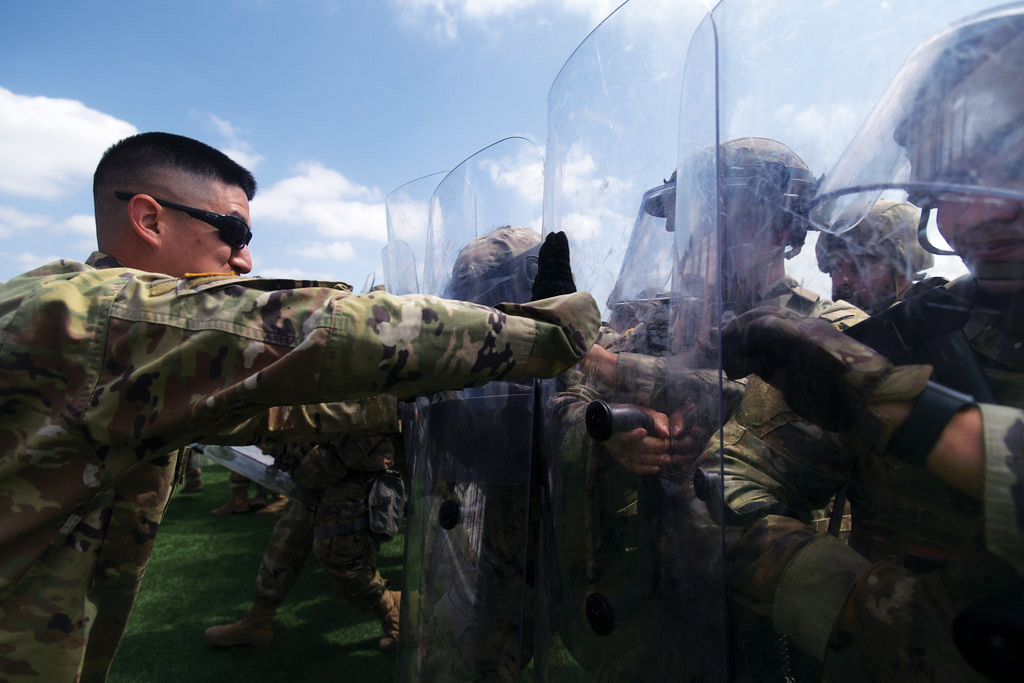On Oct. 26, 1882, the US Navy bombarded the Tlingit village in Angoon, Alaska, leading to the death of six children. 142 years later, the US Navy apologized during a ceremony on the anniversary of the attack.
US Navy Rear Adm. Mark Sucato issued the apology stating, “The Navy recognizes the pain and suffering inflicted upon the Tlingit people, and we acknowledge these wrongful actions resulted in the loss of life, the loss of resources, the loss of culture, and created and inflicted intergenerational trauma on these clans.”
The ceremony took place on Oct. 26, 2024, in Angoon, Alaska. Hundreds of Tlingit people gathered at a local high school to hear the US Navy’s formal apology, which felt long overdue.
Sucato acknowledged the community’s feelings stating, “The Navy takes the significance of this action very, very seriously and knows an apology is long overdue.”
The Tlingit Tribe and the US Navy have different accounts of the bombardment; however, both accounts begin with the death of Tlingit Shaman, Tith Klane, who died when a harpoon exploded on a whaling ship owned by the North West Trading Company.
The Navy claims that after the death of Tith Klane, the Tlingit tribal members forced the ship to shore, possibly took hostages and demanded 200 blankets as compensation for the shaman’s death. The company refused and ordered the tribal members back to work. The Tribe members responded by painting their faces with coal-tar and tallow.
The company’s superintendent, taking it as a sign of potential retaliation, contacted the top US official in Alaska, E.C. Merriman, saying a Tlingit uprising threatened the lives and property of white residents.
The Tlingit Tribe claims they remained on the vessel in respect of planning to attend the funeral and no hostages were taken.
Naval commander Merriman arrived on Oct. 25, 1882, and ordered the tribe to provide 400 blankets by noon the next day as punishment for disobedience. The Tlingits, unable to comply, only turned in 81 blankets the next day, and because of this Merriman attacked the Tlingit clan’s houses, homes, food stores and canoes.
The Navy acknowledged the different accounts and submitted to the Tlingit’s account “out of respect for the long-lasting impacts these tragic incidents had on the affected clans,” said a Navy spokesperson.
Although only six children died during the initial attack, there are possibly numerous uncounted deaths due to the aftermath of homelessness and food insecurity during the depth of winter. Rosita Worl, the president of Sealaska Heritage Institute in Juneau, described how elders sacrificed themselves to save food for children saying they “walked into the forest.”
In 2024, the Tlingit leaders were taken aback to hear that the Navy would finally be apologizing at a ceremony over a century later. A Deisheetaan leader, Dan Johnson Jr, said no one spoke for five minutes after hearing the news back in May. After the apology, various remarks from the community were made with mixed emotions.
“None of us in this room will ever forget ever. We will take it to our graves. We will teach it to our children,” said Johnson Jr.
Community member Barbara Candiente-Nelson, expressed discontentment, saying, “How do you restore a human being? How do you restore a family? How do you restore a community who have been the target of annihilation?”
Retired high school teacher Shgendootan George, who taught her students about the burning and destruction of her village, says she’s relieved that the apology is a part of history as well.
“It’s going to be amazing to be able to say the right thing happened, you know, finally,” said George.
Despite the mixed feelings, the US Navy engaged in ceremonial acts with the Tlingit Tribe. A US Navy member sprinkled tobacco on top of a killer whale clan hat, which is considered to bring good fortune, during the ceremony to rebuild the broken ties.
After fighting for this recognition for years, they finally received closure through the US Navy’s apology.






